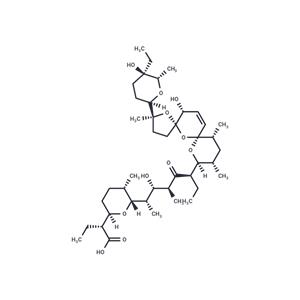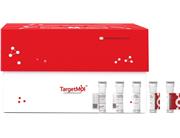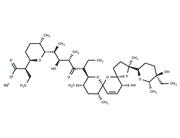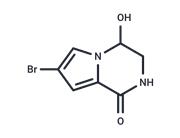| Name | Salinomycin |
| Description | Salinomycin (Procoxacin), a polyether potassium ionophore antibiotic, specifically inhibits the growth of gram-positive bacteria, acts as a potent inhibitor of Wnt/β-catenin signaling by blocking Wnt-induced LRP6 phosphorylation, and demonstrates selective activity against human cancer stem cells. |
| In vitro | Salinomycin, a potent Wnt signaling cascade inhibitor and antibiotic potassium ionophore, demonstrates significant anticancer properties. It induces apoptosis in malignant lymphocytes within 48 hours, showing a mean IC50 value of 230 nM. Notably, Salinomycin has been identified as a selective inhibitor of breast cancer stem cells (CSCs)[1], effectively inhibiting both normal and Cisp-resistant SW620 cancer cells with IC50 values of 1.54±0.23 μM and 0.32±0.05 μM, respectively. It uniquely targets and kills CSCs and therapy-resistant cancer cells. Continuous treatment with Salinomycin over 48 hours increases the apoptotic cell count significantly in Cisp-resistant SW620 cells compared to non-resistant SW620 cells, as observed under a microscope and confirmed through flow cytometric analysis of cell apoptosis. The apoptotic rate is markedly higher in Cisp-resistant SW620 cells (37.82±3.63%) than in standard SW620 cells (16.78±2.56%) (p<0.05)[2]. |
| In vivo | Upon administering doses of 4 mg/kg and 8 mg/kg Salinomycin (Sal), alongside 10 uL/g saline water to mice for a duration of 6 weeks, followed by their sacrifice, a significant reduction in liver tumor size is observed in the Sal-treated groups compared to the controls. Tumor diameters decrease notably from 12.17 mm to 3.67 mm (p<0.05), and volumes, calculated as V=length×width^2×0.5, diminish from 819 mm^3 to 25.25 mm^3 (p<0.05). Subsequent analyses, involving HE staining, immunohistochemistry, and TUNEL assays, are conducted to evaluate Salinomycin's anti-tumor efficacy. Results show altered liver cancer tissue structure, reduced PCNA expression, and higher apoptosis rates in Sal-treated mice, indicating significant anti-tumor activity. Furthermore, an increase in the Bax/Bcl-2 ratio and a decrease in β-catenin protein expression corroborate Salinomycin's effectiveness. Salinomycin, a monocarboxylic acid polyether antibiotic derived from Streptomyces albus fermentation, exhibits a unique cyclic structure enabling it to bind with pathogenic microorganisms and extracellular cations of coccidia, particularly K+, Na+, Rb+, effectively altering intra- and extracellular ion concentrations[4][5]. |
| Storage | store at low temperature | Powder: -20°C for 3 years | In solvent: -80°C for 1 year | Shipping with blue ice. |
| Solubility Information | DMSO : 35 mg/mL (46.6 mM), Sonication is recommended.
|
| Keywords | Salinomycin |
| Related Compound Libraries | Anti-Tumor Natural Product Library | Bioactive Compound Library | Natural Product Library | Neuroprotective Compound Library | Microbial Natural Product Library | Inhibitor Library | Natural Product Library for HTS | Anti-infective Natural Product Library | Bioactive Compounds Library Max | Anti-Cancer Active Compound Library |
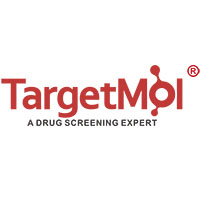
 United States
United States
